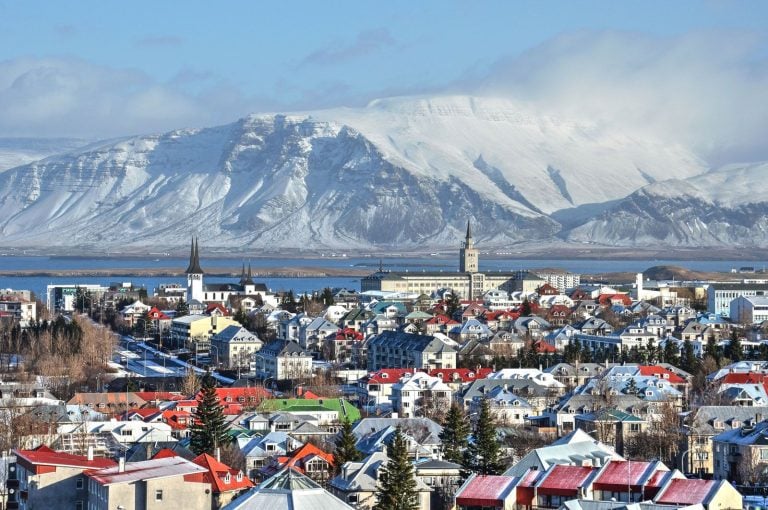Natural disasters impact some regions more frequently than others due to geographical and climatic factors. Some of these places are also remarkably safer due to their strong infrastructure and proactive disaster management. As a result, there are fewer casualties from natural disasters. While there are many factors to consider when relocating, this factor may attract potential immigrants who are seeking a safe haven. Today, we are exploring the top seven locations less prone to natural disasters.
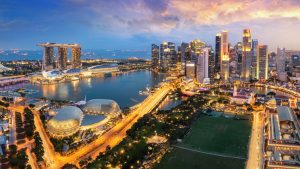
1. Singapore
The first country on the list is situated outside of the Pacific Ring of Fire, where it avoids major seismic and volcanic activity. The country in question is Singapore, which is known to have cutting-edge infrastructure. The country’s equatorial location also shields it from typhoons and hurricanes. Along with lessening the risks of floods and natural hazards through rigorous urban planning, Singapore also has increased its safety through preparedness programs and swift emergency response systems.
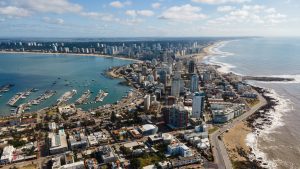
2. Uruguay
In South America, Uruguay is also less prone to natural disasters. This country, located outside of the earthquake zone, is considered one of the safest countries on the continent. The region has a stable climate and typically mild storms that occur occasionally, causing less devastation than hurricanes and typhoons. Additionally, Uruguay reduced its vulnerabilities with sustainable urban development and efficient flood management.

3. Iceland
Iceland is located on top of an active volcanic zone. However, the country has advanced monitoring systems and robust infrastructure, causing it to have fewer catastrophic events. The country, which is located in the Atlantic, is shielded from tropical cyclones and hurricanes. In fact, it is rarely even affected by extreme weather. While the country does experience earthquakes, they are typically low in magnitude.
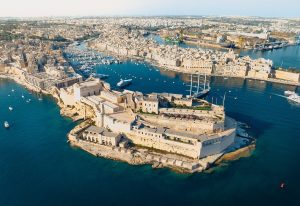
4. Malta
One of the safest places in Europe is considered to be the small Mediterranean island nation called Malta. Malta is located far away from major fault lines, so the region rarely experiences earthquakes. As those earthquakes are typically of low magnitude, it is even rarer for the region to suffer damages from earthquakes. Additionally, Malta does not experience severe storms, hurricanes, or extreme weather. Furthermore, there are effective systems in place to manage flooding, and the infrastructure is well maintained.

5. Luxembourg
Another location in Europe that is less prone to natural disasters is Luxembourg. Luxembourg is not close to any seismic zones, so it is statistically unlikely for earthquakes to occur. Luxembourg is also safe from hurricanes and tsunamis. While the region experiences mild weather, Luxembourg is prepared for the rare instances of flooding or extreme weather.

6. Switzerland
While the alpine terrain in Switzerland appears to be challenging, the country is prepared to handle potential natural disasters. The country’s robust infrastructure and disaster response systems lessen the risks when it experiences avalanches and floods. The risks of earthquakes in Switzerland are low, and the country is safe from tropical storms and hurricanes.
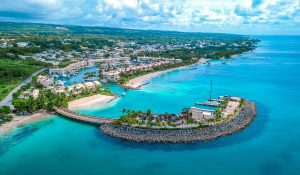
7. Barbados
One of the safest places in the Caribbean is Barbados, which is located outside of the typical hurricane belt. As a result, the island is frequently safe from cyclonic activity. While the country experiences occasional storms, it is a safe place due to its advanced flood measures, reinforced structures, and investment in disaster mitigation strategies.
Why Consider Moving to Disaster-Resilient Locations?
When relocating, it is important to prioritise safety. While looking at all the pros and cons of your desired location, it is also good to consider whether or not the prospective area is disaster-resilient. While no place on Earth is completely immune to natural disasters, these seven locations stand as some of the safest places, offering a sense of security and peace of mind. These places, which often have higher quality of life indices, are commonly appealing for retirees, families, and investors.

